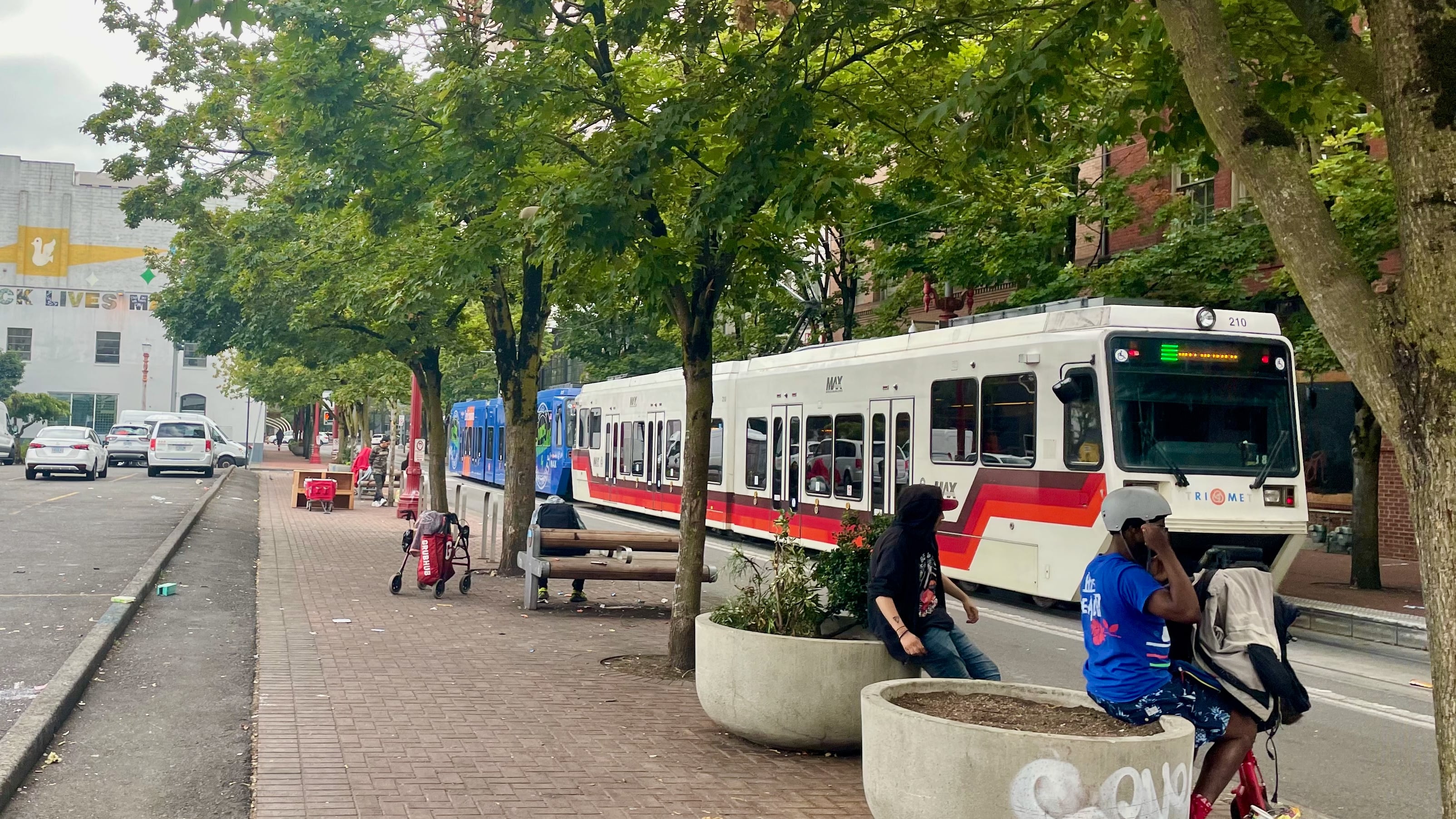GONZALEZ EXPLAINS TENT BAN POLICY: City Commissioner Rene Gonzalez announced last week that Portland Street Response, the mental health crisis team under his watch as fire commissioner, would no longer hand out tents and tarps to homeless Portlanders. He says the policy, which he crafted, received full-throated support from Fire Chief Sara Boone and the city’s fire marshal. “Hypothermia is a risk, as is frostbite. But when talking about frostbite, you’re losing fingers,” Gonzalez tells WW. “But these burns, they’re life changing even if they don’t kill you.” Gonzalez says data from the Legacy Oregon Burn Center drove the policy: It showed that stays of homeless patients in beds at the burn ward went from a total of 294 days in 2017 to 1,803 in 2021. Advocates have pushed back against Gonzalez’s policy, calling it cruel and inhumane during the coldest and rainiest months of the year. Asked why he would ban tents and rather than enforce fire rules, Gonzalez responded, “Because of humanity, and recognizing that people are using these [fires] to keep themselves warm.”
ICONIC SKYSCRAPER NEARS FORECLOSURE: The downtown real estate crisis crushed one of Portland’s architectural gems last week. The owner of the 14-story Commonwealth Building, one of the first modern skyscrapers built, defaulted on its loan and said foreclosure may be coming. Designed by renowned modernist Pietro Belluschi and completed in 1948, the aluminum-clad building was among the first to have a sealed, air-conditioned interior. The current owner, KBS Growth & Income REIT, said in a regulatory filing that the building is worth less than what remains on its loan because of poor business conditions downtown. “Given the depressed office rental rates and the continued social unrest and increased crime in downtown Portland where the property is located, the company does not anticipate any near-term recovery in value,” KBS said. Like many downtown buildings, the Commonwealth suffered during COVID-19, when violent street protests and expanded work-from-home rules prompted tenants to ditch office space. KBS said occupancy at the Commonwealth tumbled from 87% at the start of 2021 to 52% as of Sept. 30, 2022.
TWELVE CITY PARKS WILL GO DARK: Portland Parks & Recreation will begin this week to remove 243 light poles across 12 city parks that the city deemed structurally unsound and potentially dangerous to passersby. Only two of the affected parks will get replacement lights—but not until mid-2024. Parks officials say they have no funding available to replace the removed lights in the other 10 parks, all but two of which are on the east side of the Willamette River. The parks affected are Colonel Summers, Irving, Ladd’s Circle, Lair Hill, Montavilla, Mt. Scott, Mt. Tabor, Rose City Golf Course, Sellwood, Sellwood Riverfront, Wallace and Woodstock. Parks Commissioner Dan Ryan said in a statement that he will work with the bureau to “explore funding to replace light poles as quickly as possible.”
“BENZO BENCHES” REMOVED IN OLD TOWN: The notorious open-air drug market on Northwest 5th Avenue between Couch and Davis streets is no more, following efforts by police and neighborhood businesses to discourage drug dealing and loitering. Police reports referred to the stretch of TriMet’s transit mall as the “Benzo Benches,” after the pair of prominent steel and wood benches that were installed on the sidewalk in 2009. Those benches were removed in October at the request of local businesses. “It seemed like the benches were encouraging people to hang out,” says Scott Robertson, operations manager at Portland Mall Management Inc. “We have the benches in storage and will reinstall them as soon as we are asked to do so.” The mall was clear of loitering on a recent weeknight, partially thanks to a chain-link fence put up around the neighboring parking lot. The benches are another example of wood furniture disappearing from Portland landmarks—Multnomah County’s Central Library plans to remove much of its oak furniture in recognition of its role as a gathering place for unhoused Portlanders.

